- Home›
- Healthy Living›
- 7 Foods That Help You Deal With Menopause
7 Foods That Help You Deal With Menopause
By: Kratika Fri, 22 Jan 2021 6:12:16

Are you excited about your fabulous 50?
A Fabulous 50 years of life gives women various memories to plan their retirement life peacefully. But for some women, this menopausal time can be difficult.
Menopause is a crucial phase of women’s life after puberty and the menstrual phase. During Perimenopause and menopause, the changes in hormones can cause or aggravate midlife crisis for women. It usually occurs in the span of age between 45 to 55.
Every woman has to face this “change of life” pattern in their life, sooner or later. Menopausal symptoms vary with every woman. Common symptoms include hot flashes, night sweats, vaginal dryness, weight gain around the middle, sleep disturbances, and mood changes. However, some women go through menopause with no real symptoms. It is confirmed 12 months post the final period. The Estrogen and Progesterone levels start to decline, which can interfere with the health of women.
It is time for women to take care of their bodies by choosing healthy lifestyle choices. Eating well and being physically active will make this midlife transition easier. Here we enlisted some foods to help make the transition easier.
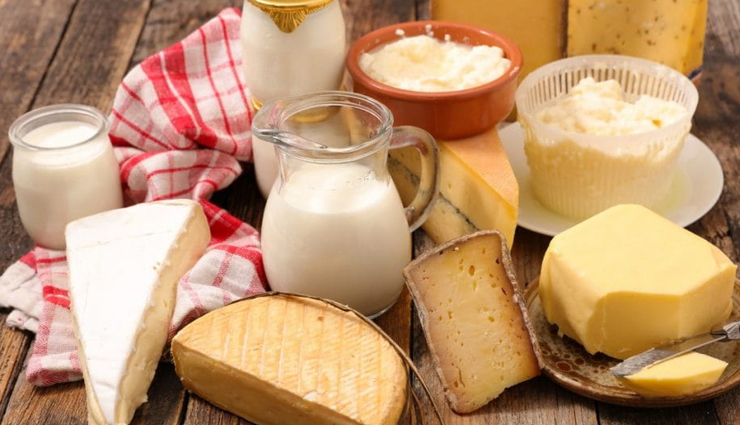
# Yogurt and dairy products
The decline in estrogen and progestin levels can lead to imbalance levels of calcium and vitamin D in the body. It may increase the risk of recurrent fractures in women. Dairy products such as milk, yogurt, and cheese contain a high amount of calcium, phosphorus, potassium, vitamin D, and vitamin K are essential for bone health.
One study of peri- and post-menopausal women found calcium and vitamin D rich foods; help to reduce early menopause risk by 17 percent. It may help to deal with some symptoms of menopause.
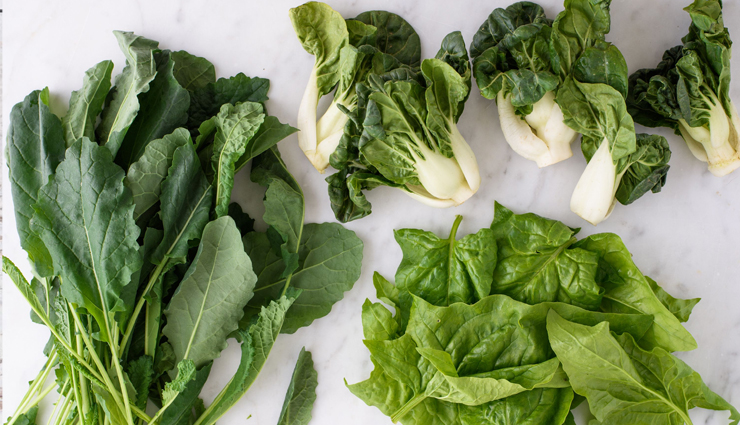
# Green vegetables
Green vegetables such as broccoli, kale, and cabbage is a powerhouse of vitamin, minerals, fibers, and antioxidants. They might help in dropping estrogen levels during menopause.
One study found broccoli has a positive impact on estrogen levels—increasing the estrogen responsible for reducing breast cancer risk.
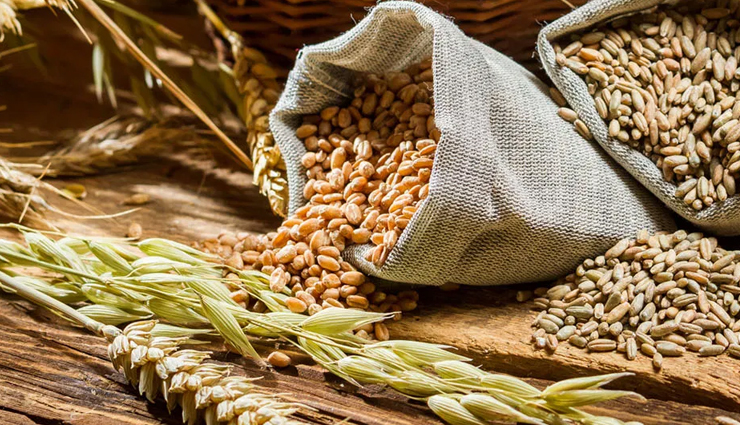
# Whole grains
Whole grains include brown rice, and barley is rich in dietary fibers, vitamin B. Whole grains may boost metabolism and help regulate energy levels. Adding whole grains to a diet can help to lower cholesterol, blood glucose and prevent constipation.
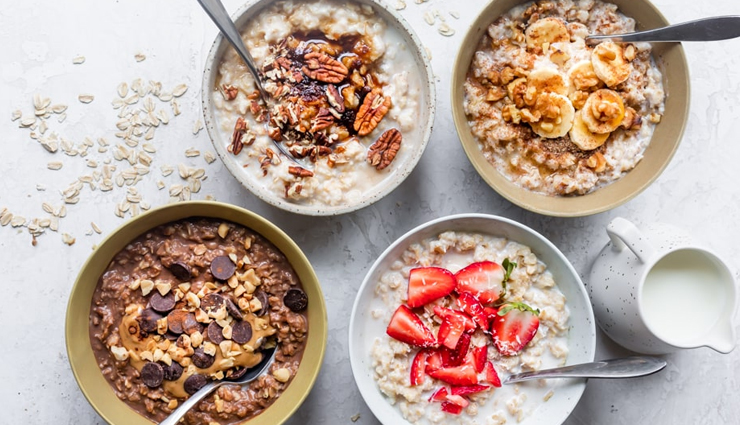
# Oatmeal
Oatmeal is the healthiest breakfast to keep your energy levels balanced. It contains menopause friendly food items like berries, yogurt, and green vegetables. They are rich in healthy carbs and dietary fibers that can help prevent diabetes, high cholesterol, weight gain, inflammation, and constipation.
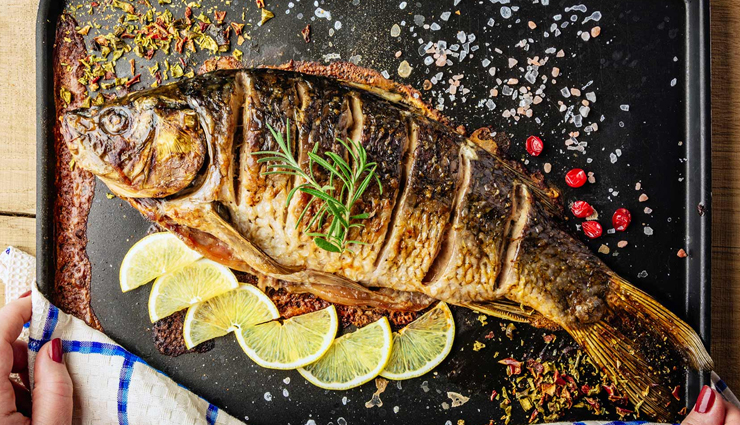
# Fatty fish
Fatty fish such as salmon and mackerel are a good source of omega-3 fatty acids and vitamin D, essential during menopause. Research suggests that omega-3 fatty acids help to reduce night sweats and breast cancer risk. Vitamin D also helps reduce the risk of early menopause.
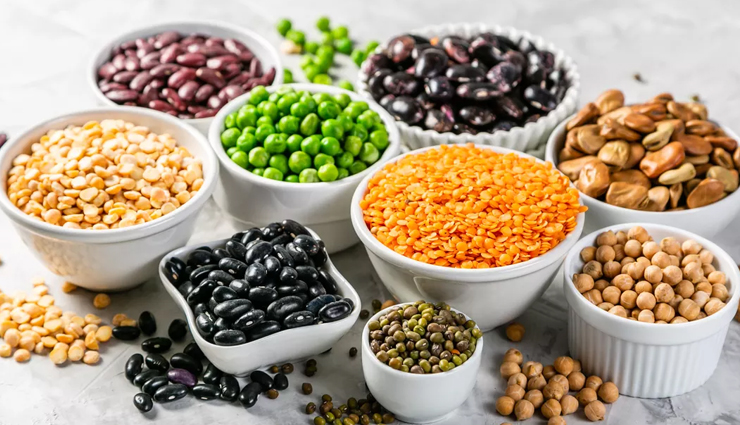
# Beans and lentils
Beans and legumes contain plant-based proteins to help delay the onset of early menopause. It helps to prolong female reproductive function.
Soybeans contain a compound named-phytoestrogen. It is a plant-based compound that may act as a weak estrogen. It helps reduce menopause symptoms and healthier bones. Servings per day of beans, nuts, peas, soy, and tofu may have a protective effect on ovarian function in addition to reducing inflammation.
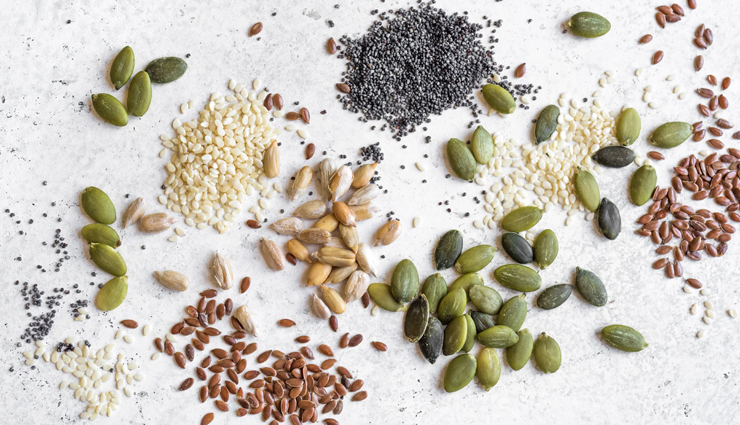
# Seeds
Seeds such as flaxseeds, sesame seeds, and linseeds are rich in phytoestrogens. It helps to balance the hormones, particularly in menopause.





